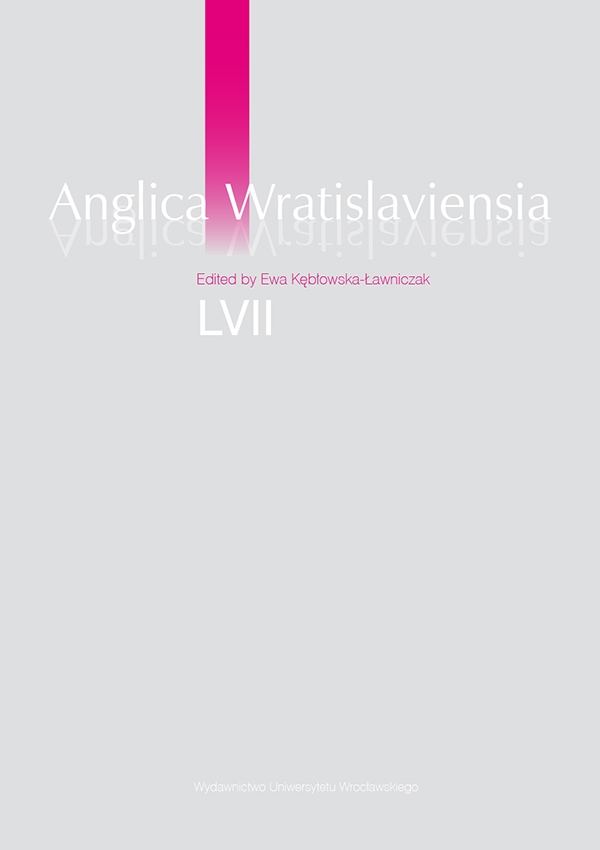

Linguistics

Novelization, i.e. a literary adaptation of a film, despite its widespread presence on the book market, was treated as a merely commercial phenomenon, and until the late 1990s, it did not inspire any academics research. The main objective of this paper is to show that the phenomenon of novelization can offer new opportunities for linguistics and to reconsider the place of novelization in adaptation and translation studies. It is claimed that the process of film-to-book transformation can be called a translation process. The term multimodal translation is adopted since transforming a multimodal text film into a monomodal one book involves a change of modalities and their density. What follows is an attempt to propose tools that can be used for the effective analysis of multimodal translation, which involve the classical Aristotelian view of the three-part plot of verbal texts and Elżbieta Tabakowska’s theory of cognitive translation. In order to illustrate the film–book translation process, an Interstellar film segment and its book counterpart are analyzed and the conclusion has been drawn that both the film and the book units use the same orientational image schemata. These findings prove that the extension of Tabakowska’s theory to multimodal texts is an adequate framework for the comparison of a film and its novelization.